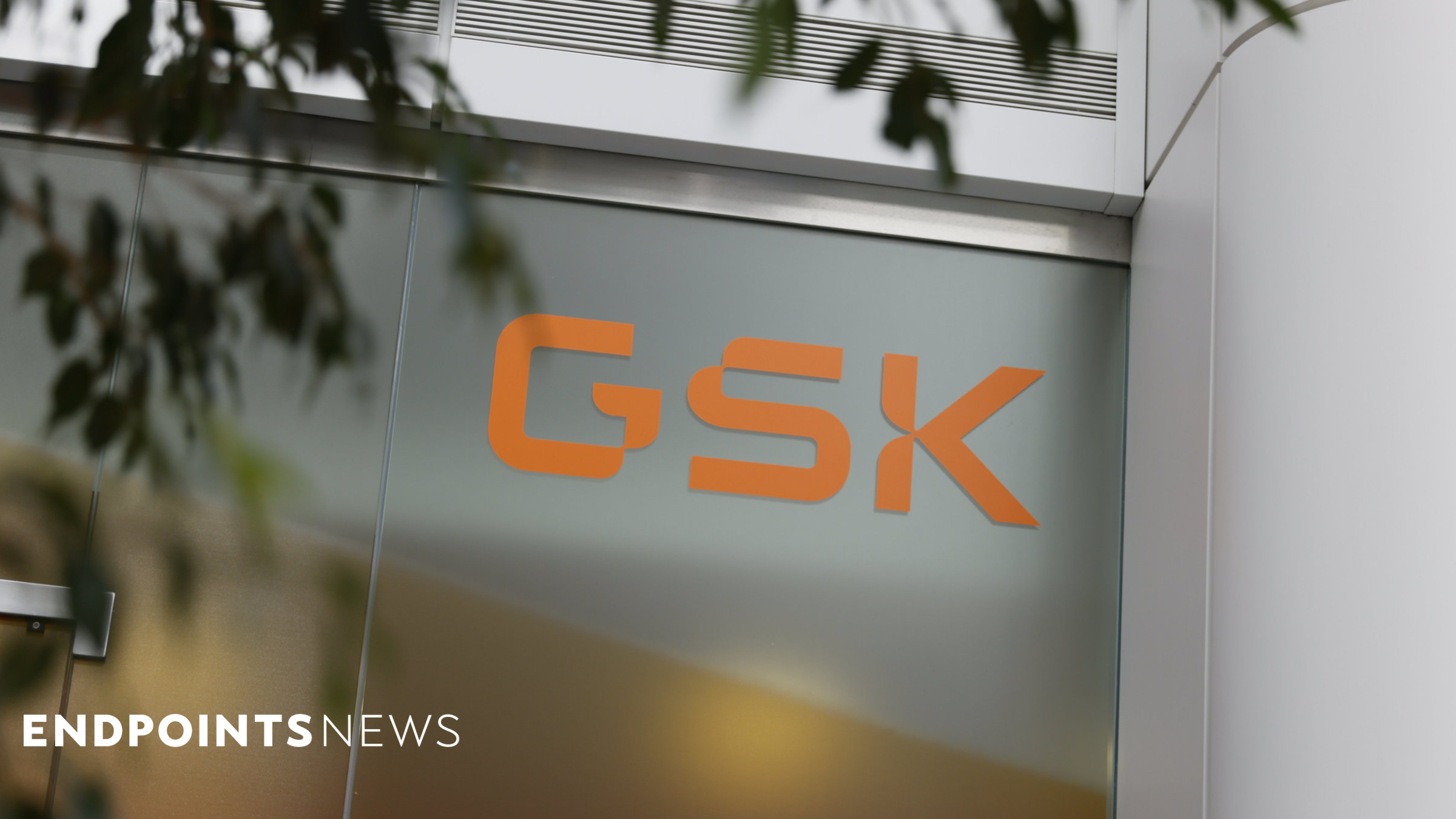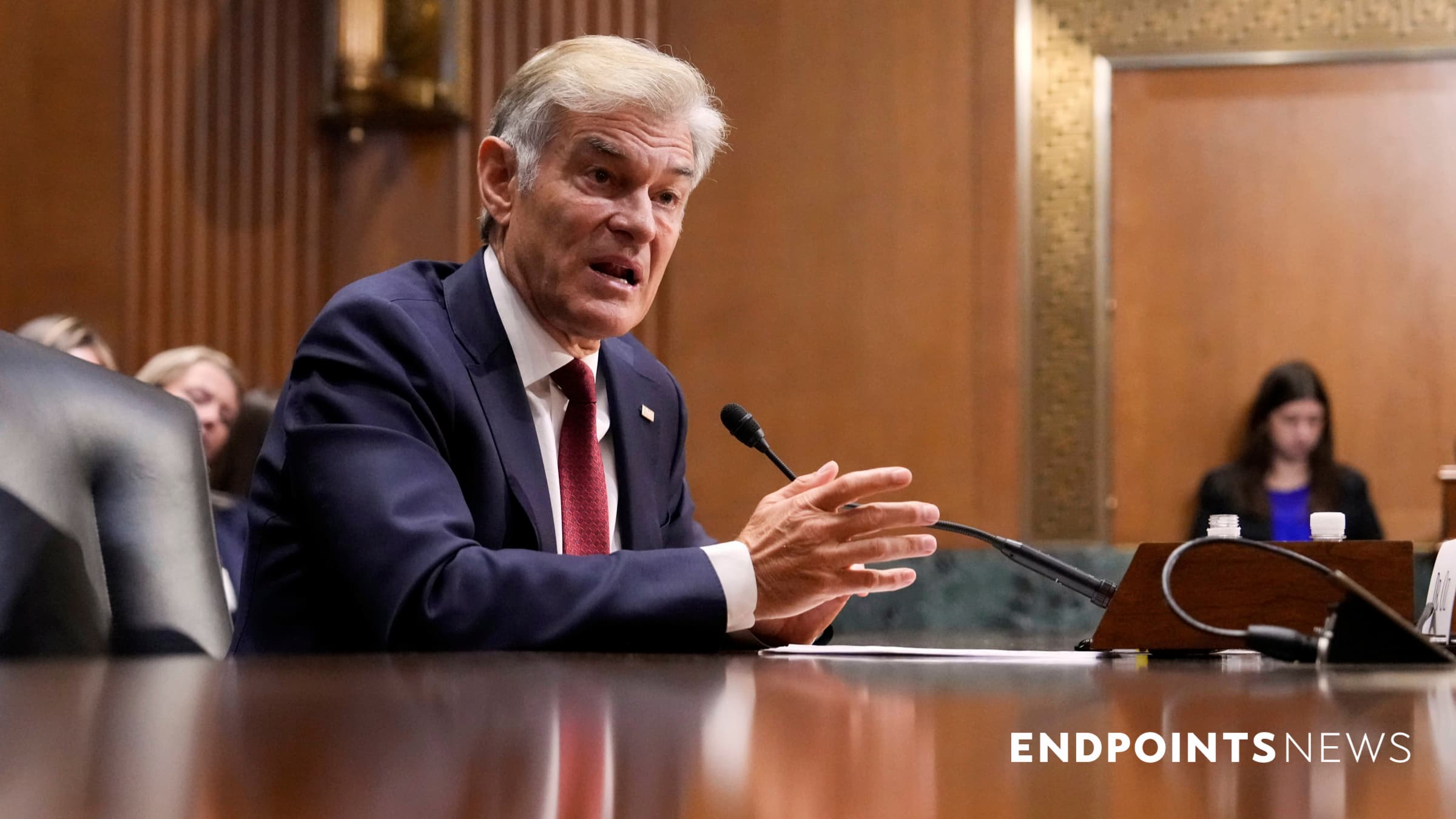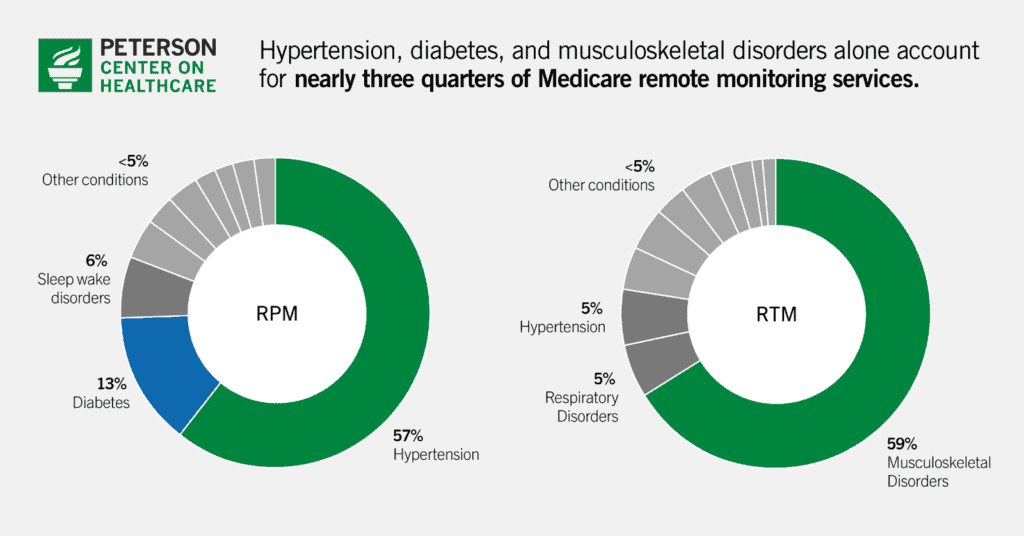Progress, not perfection: What we can learn from Microsoft and HSBC’s climate target pullbacks
Differing responses highlight the need to develop flexible standards for companies taking environmental action. The post Progress, not perfection: What we can learn from Microsoft and HSBC’s climate target pullbacks appeared first on Trellis.

Key takeaways
- Two major companies, Microsoft and HSBC, recently deemed their climate targets out of reach — but had very different responses.
- Microsoft refined its stance and decided to press forward by focusing more directly on carbon reduction and clean energy. HSBC, on the other hand, postponed its direct operations climate targets, highlighting the intricate realities of decarbonization.
- These responses show that sustainability professionals must shift the conversation from penalizing companies for not meeting idealized standards to celebrating tangible, responsible action that moves us closer to a sustainable future.
As the global climate crisis intensifies, the corporate path to decarbonization has never been more complex. It’s fraught with technological hurdles, regulatory uncertainties and changing political tides. It’s also largely dependent on voluntary climate action – which is increasingly difficult amid corporate financial realities and market conditions.
These realities are not without consequence. Many corporate climate targets are shifting, even within businesses that have previously committed to decarbonization. In fact, two major players, Microsoft and HSBC, recently deemed their climate targets out of reach.
Although these two companies are responding very differently, both cases highlight the real-world pressures on voluntary climate action — and underscore an urgent need to focus on progress, not perfection, to incentivize corporate climate action.
Contrasting responses
In February, Microsoft announced it was recalibrating its climate investments after acknowledging it would miss key interim milestones on its path to becoming carbon negative by 2030. In fact, the tech conglomerate said its emissions had increased in 2023 and its decision to stop buying renewable energy consumption certificates could force the company to stop calling itself “carbon neutral”. Instead, it plans to focus more directly on carbon reduction and clean energy via direct emissions cuts and high-quality removals, despite its previous assertions that its targets are a “moonshot.”
Although refining its stance, Microsoft is still pressing forward. Its recent pivot in climate strategy is not merely about adjusting investments — it’s also a candid recognition of today’s reality and how hard it is to strive for ambitious climate-change targets.
This adaptive approach underscores an important truth: while the goalposts may have shifted, continuous, flexible commitment is far more impactful than clinging to outdated benchmarks. This is laudable, but it’s unclear if taking an adaptive approach will become the corporate norm or be left as the exception.
Less than a week after Microsoft’s announcement, HSBC opted to delay its climate targets related to its own operations, citing uncertainties around the Science Based Targets initiative’s (SBTi) guidance on carbon credits and the complexities of reducing Scope 3 emissions. The world’s seventh-largest bank now aims to reach a state of net zero direct operational emissions by 2050 – not by 2030 as it had originally planned. Importantly, this decision applies only to HSBC’s operational emissions — its targets for the much larger financed portfolio (which is where the majority of HSBC’s emissions sit) remain unchanged.
HSBC’s decision to postpone its direct operations climate targets highlights the significant challenges many companies face today. Confronted with the intricate realities of decarbonization and the unpredictable guidance around the use of carbon credits, HSBC’s cautious delay is an unfortunate, if understandable, response.
Rather than interpreting HSBC’s move as a sign of reluctance, consider it a reflection of the genuine difficulties encountered when translating ambitious climate goals into practical, actionable plans. Uncertainty around whether carbon credits can credibly be used as a short-term bridge to longer-term reductions, a lack of clear guidance from standard setters, challenges in measuring and reducing Scope 3 emissions, and the operational complexity of cutting emissions across large, global supply chains are all massive hurdles to face. In this context, HSBC’s approach is a predictable reaction to current market conditions.
Incentivizing action over perfection
While both Microsoft and HSBC stepped back from aspects of their climate plans, their responses took different forms. Microsoft communicated its challenges openly and renewed its focus on tangible action. HSBC delayed its targets for direct operations in response to evolving guidance and market uncertainty, while maintaining its financed emissions goals. The question now is whether more companies will take Microsoft’s path — acknowledging difficulties while reinforcing ambition — or opt for a more cautious, phased approach such as HSBC’s.
These contrasting examples reveal a critical truth: insisting on absolute perfection before action is taken – and lambasting companies for their claims – can do more harm than good. In some cases, companies taking early steps, such as experimenting with credits or interim goals, are publicly criticized, leading others to delay action for fear of reputational risk. We must shift the conversation from penalizing companies for not meeting idealized standards to celebrating tangible, responsible action that moves us closer to a sustainable future.
A call to standard setters and guidance providers
Standard setters and guidance providers, such as the SBTi, the Greenhouse Gas Protocol, and the International Organization for Standardization (ISO), have a pivotal role to play in shifting the conversation. Instead of imposing stricter benchmarks that may inadvertently slow down climate progress, they can develop flexible, tiered standards that recognize and reward incremental improvements. Appropriate claims language, reputational benefits, and collaborative partnerships can all be leveraged to create an environment where companies feel supported in taking decisive action now rather than postponing progress until a later date.
The paths chosen by Microsoft and HSBC remind us that corporate climate action is not a one-size-fits-all proposition. While some companies will continue to push forward aggressively, others will choose to navigate internal and external headwinds with a more measured pace. Instead of bashing imperfection, we need to inspire companies to take environmental action — even if that action isn’t flawless.
The post Progress, not perfection: What we can learn from Microsoft and HSBC’s climate target pullbacks appeared first on Trellis.























































































































![The breaking news round-up: Decagear launches today, Pimax announces new headsets, and more! [APRIL FOOL’S]](https://i0.wp.com/skarredghost.com/wp-content/uploads/2025/03/lawk_glasses_handson.jpg?fit=1366%2C1025&ssl=1)

















